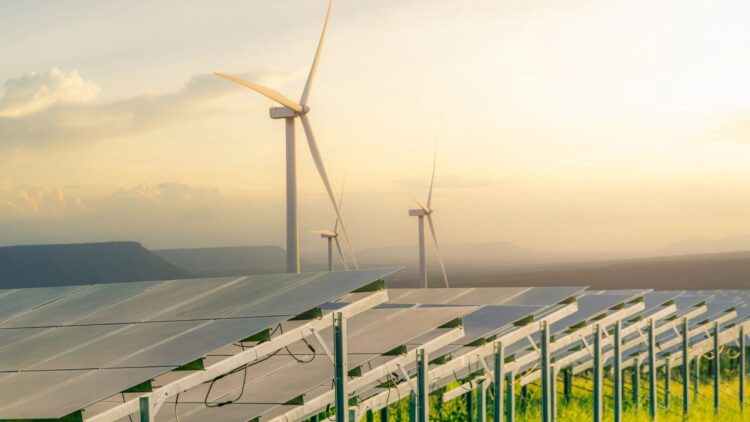Mexico’s push for renewable energy growth under President Claudia Sheinbaum is set to reshape the nation’s energy landscape, but it faces significant economic hurdles. With the country confronting its widest budget deficit in nearly four decades, Sheinbaum’s administration is turning to private capital to fund ambitious green energy goals. By the end of the decade, Mexico aims to generate 45% of its electricity from renewable sources, up from 24% in 2022—a transformation estimated to require $50 billion in investments.
While previous public-private energy partnerships were criticized for disproportionately benefiting private companies without fair returns for the public, the government now seeks to revise these agreements. Environment Minister Alicia Barcena emphasized the importance of maintaining private participation while ensuring more balanced partnerships. “It’s essential that we review the rules of public-private partnerships to ensure fair outcomes for both sectors,” she said.
State-owned companies like Pemex, which benefited from tax relief and capital injections under Sheinbaum’s predecessor, will also play a role in the transition. However, insufficient investment in Mexico’s energy infrastructure—especially in transmission and distribution—has intensified the need for private-sector involvement.
Mexico’s pivot toward renewable energy comes as the global focus on climate change intensifies. Barcena called for greater North American cooperation with the U.S. and Canada, a move that mirrors international trends. According to Bloomberg, Mexico’s ability to attract private investors will be critical to achieving its clean energy targets amid rising economic pressures.
















